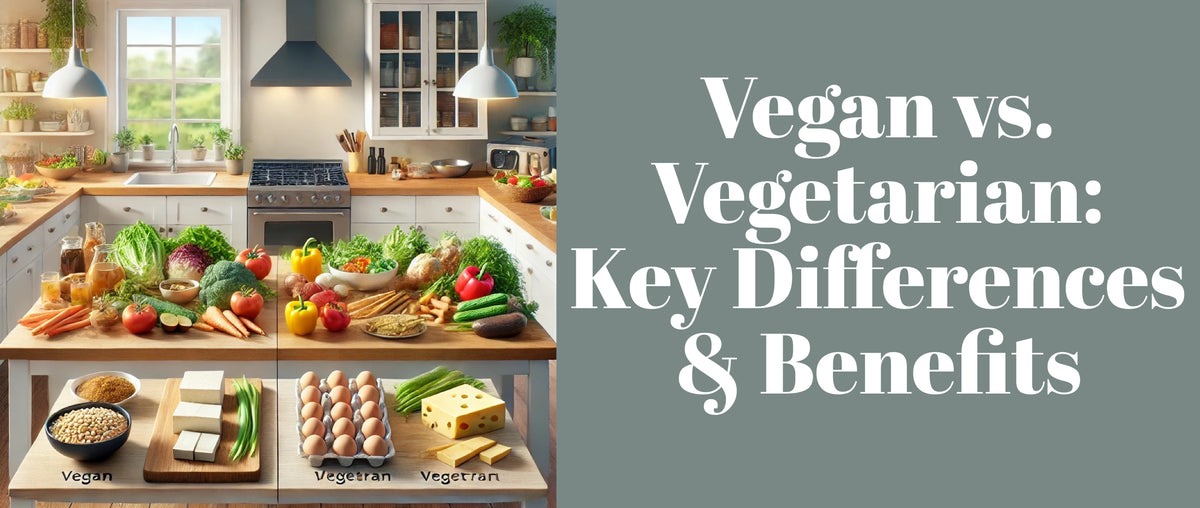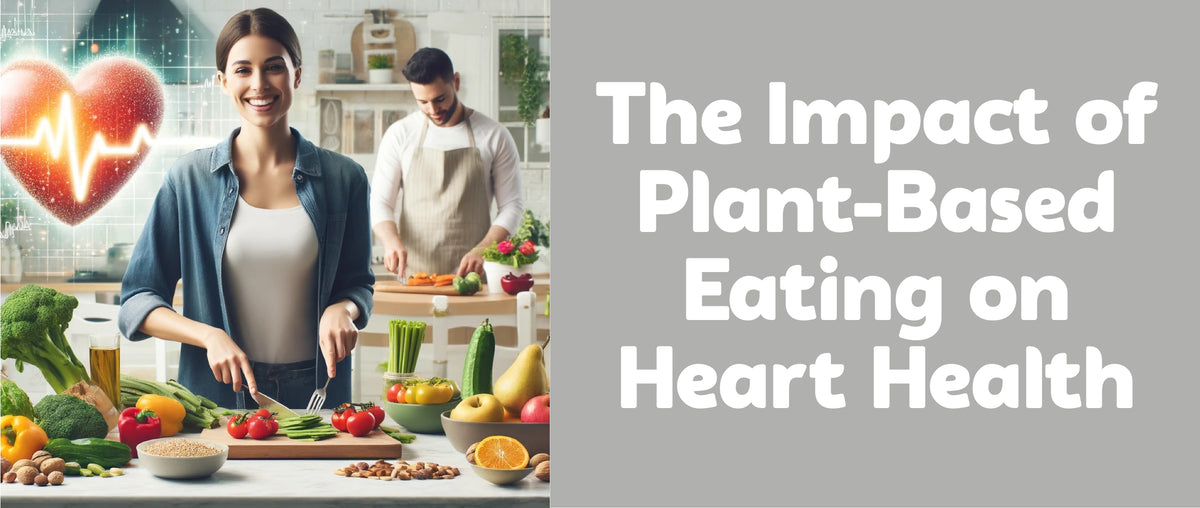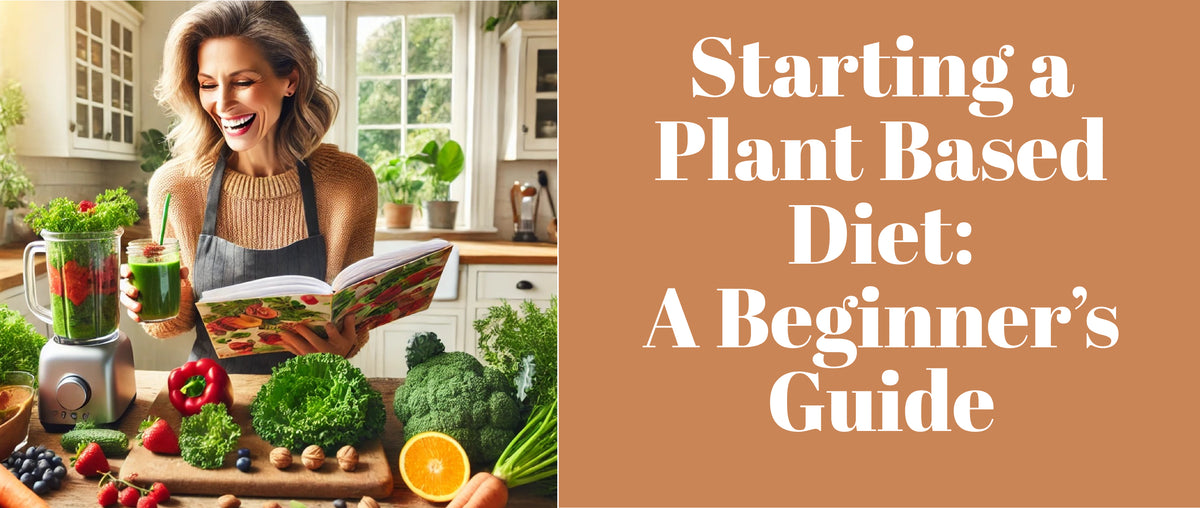Vegan vs. Vegetarian: Key Differences & Benefits
plant based diets have gained immense popularity over the past decade, driven by growing awareness of health, environmental, and ethical issues. Vegan and vegetarian diets are two of the most commonly adopted Plant based diets.Understanding the differences and benefits of each can help individuals make informed dietary choices that align with their personal values and health goals.
Key Takeaways
- Vegan and vegetarian diets differ primarily in their inclusion of animal products.
- Both diets offer significant health benefits, including improved heart health and reduced risk of chronic diseases.
- Ethical and environmental considerations often influence the choice between the two diets.
- Nutritional planning is crucial to avoid deficiencies, especially in high protein vegan food and other essential nutrients.
Defining Vegan and Vegetarian Diets
What is a Vegan Diet?
A vegan diet eliminates all animal products, including meat, dairy, eggs, and honey.
Vegan diets focus on Plant based foods like fruits, vegetables, grains, nuts, and seeds.
Many people adopt a vegan lifestyle for ethical reasons, aiming to reduce animal suffering and environmental impact.
A typical vegan meal might include a variety of colorful vegetables, legumes, whole grains, and healthy fats from sources like avocados and nuts.
Popular vegan products include vegan cheese, Plant based butter, and high protein vegan food alternatives like tofu and tempeh.
What is a Vegetarian Diet?
A vegetarian diet excludes meat but may include dairy and eggs, depending on the type:
- Lacto-vegetarian: Includes dairy products but excludes eggs.
- Ovo-vegetarian: Includes eggs but excludes dairy products.
- Lacto-ovo-vegetarian: Includes both dairy products and eggs.
Vegetarian diets can vary widely in their restrictions and inclusions. For example, a lacto-vegetarian might enjoy dishes with Parmesan cheese and Unsalted Butter, while an ovo-vegetarian might incorporate eggs into their meals. The common thread is the exclusion of meat and fish.

Major Differences Between Vegan and Vegetarian Diets
Ethical Considerations
Vegan diets are often chosen for ethical reasons related to animal welfare and environmental sustainability. By eliminating all animal products, vegans aim to reduce the exploitation and harm of animals in the food industry. The philosophy extends beyond diet to lifestyle choices, avoiding products like leather, wool, and cosmetics tested on animals.
Vegetarian diets also consider animal welfare but may include animal by-products like eggs and dairy. These diets can be a compromise for those who want to reduce animal harm without fully committing to a vegan lifestyle. Vegetarians might choose products from ethically sourced and humane farming practices, such as free-range eggs and organic dairy.
Nutritional Differences
Vegan diets rely on Plant based protein sources such as beans, lentils, and High Protein Vegan Food like Cashew Butter and kombucha. This diet excludes all animal-derived nutrients, requiring careful planning to meet nutritional needs, particularly for vitamins B12 and D, iron, calcium, and omega-3 fatty acids.
Vegetarian diets include animal-based proteins like dairy and eggs, which can make it easier to meet nutritional needs. For example, dairy products provide calcium and vitamin D, while eggs are a good source of vitamin B12 and protein. This flexibility can make it easier for vegetarians to achieve a balanced diet without supplementation.
Health Benefits of Vegan and Vegetarian Diets
Cardiovascular Health
Both vegan and vegetarian diets are associated with improved heart health due to higher consumption of fruits, vegetables, and whole grains. These diets tend to be lower in saturated fats and cholesterol compared to diets that include meat. Vegan diets, in particular, are linked to lower cholesterol levels, as they avoid animal fats entirely.
Several studies have shown that Plant based diets can reduce the risk of cardiovascular diseases. For example, a study published in the Journal of the American Heart Association found that people following a Plant based diet had a 32% lower risk of dying from cardiovascular disease.
Weight Management
Plant based diets can aid in weight management due to their lower calorie density and higher fiber content. Studies show that vegan diets are effective for weight loss and maintaining a healthy weight. A meta-analysis of 12 studies found that individuals on a vegan diet lost more weight than those on omnivorous diets.
The fiber in Plant based foods helps increase satiety, reducing overall calorie intake. This can be particularly beneficial for those looking to lose weight or maintain a healthy weight. Additionally, vegan diets often include nutrient-dense, low-calorie foods that support weight loss efforts.
Reduced Risk of Chronic Diseases
Both diets are associated with a lower risk of chronic diseases such as diabetes, hypertension, and certain cancers. Vegan diets may offer additional protection against chronic diseases due to the complete elimination of animal products. For example, the Adventist Health Study found that vegans had a 78% lower risk of developing diabetes compared to non-vegetarians.
Plant based diets are rich in antioxidants, vitamins, and minerals that support overall health and reduce inflammation. These diets are also high in fiber, which helps regulate blood sugar levels and improve digestive health. By reducing the intake of processed and high-fat animal products, vegan and vegetarian diets can contribute to better long-term health outcomes.
Environmental and Ethical Considerations
Environmental Impact
Vegan diets have a lower environmental footprint compared to diets that include animal products. Reducing meat and dairy consumption can significantly decrease greenhouse gas emissions, water usage, and land degradation. A report by the United Nations found that animal agriculture is responsible for 14.5% of global greenhouse gas emissions, highlighting the environmental benefits of Plant based diets.
Ethical Considerations
Choosing a vegan or vegetarian diet often aligns with ethical beliefs about animal rights and sustainable farming practices. These diets support cruelty-free living and promote more sustainable food systems. By reducing the demand for animal products, individuals can help decrease the exploitation and suffering of animals in the food industry.
Also Read
Nutritional Considerations and Potential Deficiencies
Protein Sources
Vegan diets require careful planning to ensure adequate protein intake from Plant based protein sources like beans, lentils, nuts, and seeds. Vegetarian diets can more easily meet protein needs through dairy and eggs. Combining different Plant based foods can help vegans obtain complete proteins.
| Plant based Protein Sources | Protein Content |
|---|---|
| Lentils | 18 grams per cup |
| Chickpeas | 15 grams per cup |
| Tofu | 20 grams per cup |
| Quinoa | 8 grams per cup |
| Chia seeds | 5 grams per tablespoon |
| Peanut butter | 8 grams per 2 tablespoons |
Vitamin and Mineral Intake
Both diets need attention to certain nutrients:
- Vitamin B12: Essential for nerve function, often supplemented in vegan diets.
- Iron: Found in Plant based sources like beans and spinach but may require careful planning.
- Calcium: Obtainable from fortified Plant based foods like oat milk.
- Omega-3 fatty acids: Important for heart health, found in flaxseeds and walnuts for vegans.
Common Deficiencies and How to Address Them
Regular monitoring and supplementation can prevent deficiencies in critical nutrients. Vegan and vegetarian diets can be nutritionally complete with proper planning and attention to nutrient-dense foods.
Practical Tips for Adopting a Vegan or Vegetarian Diet
Meal Planning and Preparation
Balanced meals should include a variety of Plant based foods to ensure all nutrient needs are met. Including high protein snacks like cashew butter and High Protein Vegan Breakfast options can help maintain energy levels.
| Meal Ideas | Description |
|---|---|
| Vegan Buddha Bowl | Quinoa, chickpeas, avocado, mixed greens, roasted vegetables |
| Vegetarian Stir-Fry | Tofu, broccoli, bell peppers, carrots, soy sauce, served over rice |
| Vegan Smoothie | Oat milk, banana, spinach, chia seeds, cashew butter |
| Vegetarian Omelette | Eggs, spinach, tomatoes, parmesan cheese, served with whole grain toast |
Dining Out and Social Situations
Navigating menus and communicating dietary preferences is crucial for maintaining a vegan or vegetarian diet in social settings. Many restaurants now offer vegan and vegetarian options, making it easier to dine out.
- Look for restaurants with dedicated vegan and vegetarian menus.
- Don't hesitate to ask about ingredient substitutions or modifications.
- Plan ahead by checking the menu online before visiting.
Transitioning to a Plant based Diet
A gradual shift to a vegan or vegetarian diet can help manage cravings and develop sustainable eating habits. Start by incorporating more Plant based foods and gradually reducing animal products. Experiment with new recipes and ingredients to keep meals exciting and varied.
Myths and Misconceptions
Debunking Common Myths
- Myth: Vegan diets lack sufficient protein.
Fact: Vegan diets can provide ample protein through diverse sources like beans, lentils, and Plant based protein supplements. - Myth: Vegan and vegetarian diets are boring and limited.
Fact: Both diets offer a wide variety of flavorful and nutritious options, from vegan cheese to garlic butter alternatives.
Addressing Misconceptions
- Misconception: Plant based diets are always expensive.
Reality: With proper planning, vegan and vegetarian diets can be affordable and cost-effective. - Misconception: Vegan diets are inherently healthier.
Reality: While vegan diets can be healthy, they require careful planning to ensure nutritional adequacy. Highly processed vegan foods and lack of variety can lead to nutrient deficiencies.
Conclusion
Understanding the differences and benefits of vegan and vegetarian diets is essential for making informed dietary choices. Both diets offer numerous health benefits, support ethical living, and contribute to environmental sustainability. By carefully planning and addressing nutritional needs, individuals can thrive on a vegan or vegetarian diet.
If you are a vegan, looking to dine something vegan in your city, check out our list of vegan restaurants in India.










